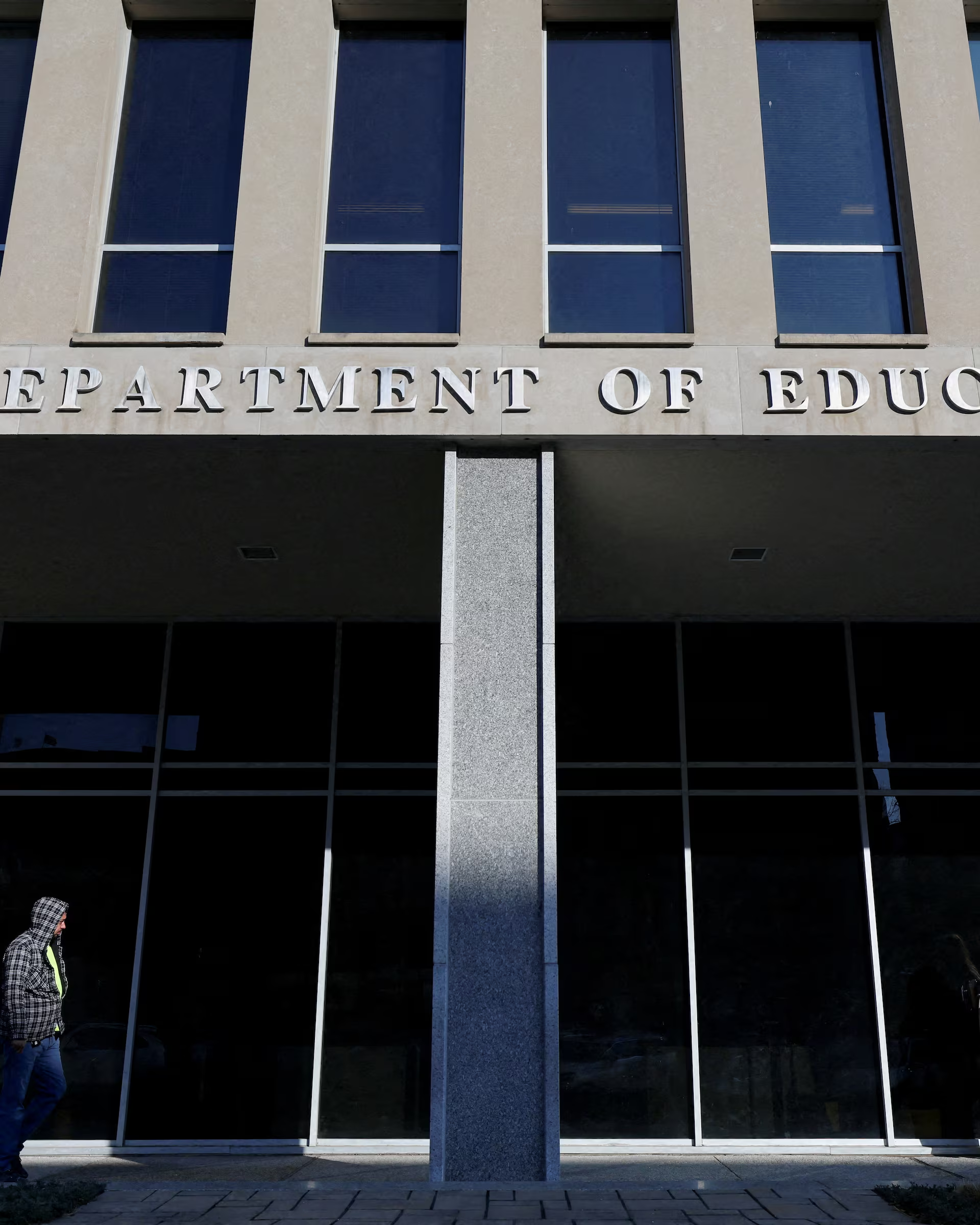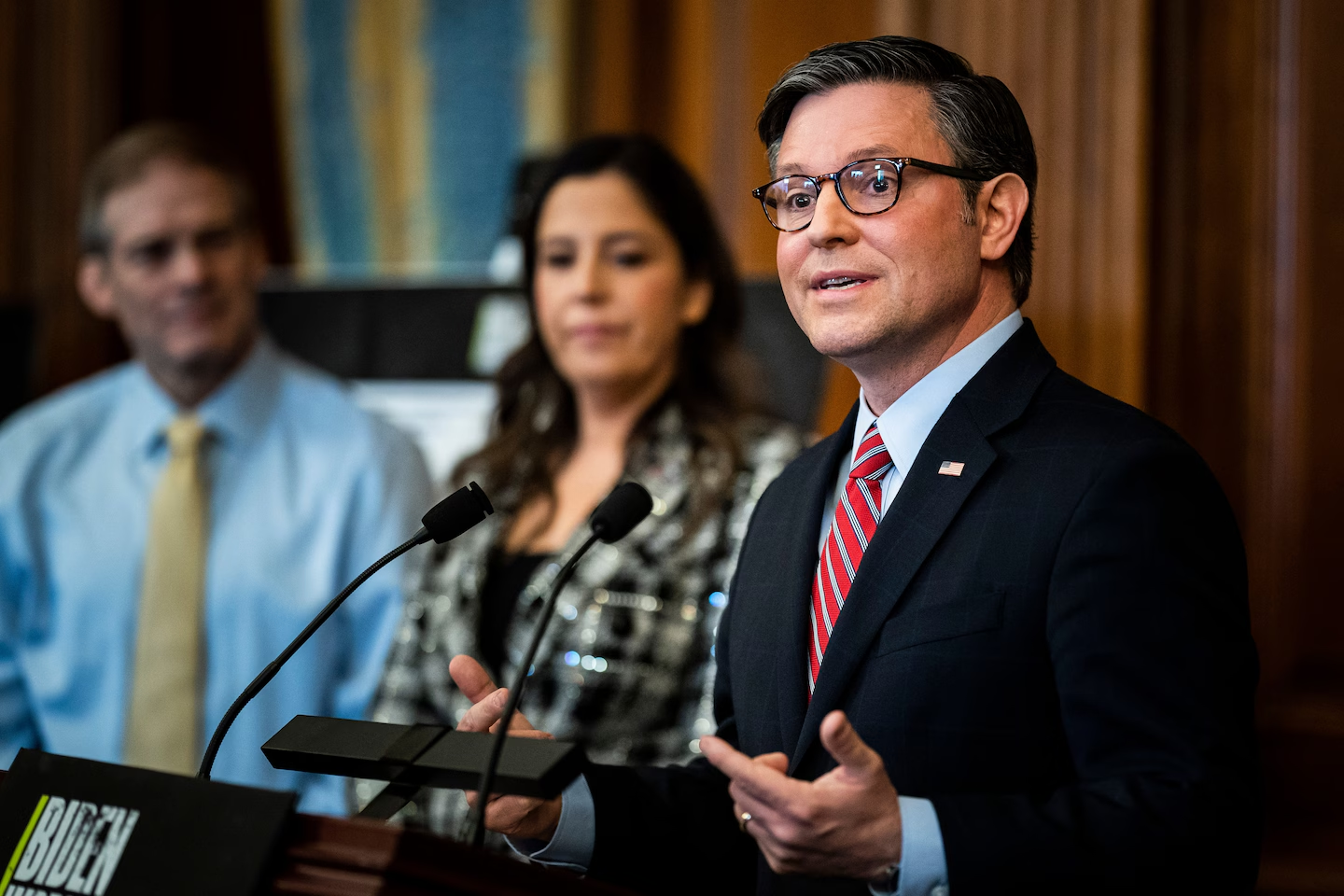The Trump administration"s decision to withhold nearly $7 billion in federal funding for education has sent shockwaves through communities across the nation. This funding freeze endangers essential after-school and summer programs, support for English language learners, and teacher training, impacting approximately 1.4 million students, primarily from low-income backgrounds.
Federal Funding Under Siege
The Education Department"s vague email notifying state agencies of the funding freeze has left many questioning the administration’s motives. Offering little explanation, officials stated the funds are "under review" and provided no timeline for release. This lack of transparency raises serious concerns about the priorities of a government that claims to support education while simultaneously slashing its resources. As reported by The New York Times, this funding was previously authorized by Congress and approved by President Trump in March as part of a comprehensive budget bill.
Impact on Vulnerable Communities
For districts like Umatilla, Oregon, the funding freeze translates to chaos for working families. Superintendent Heidi Sipe expressed her concerns, urging parents to make backup plans, a daunting task in a community lacking alternative options such as Y.M.C.A. programs. The potential loss of federal dollars means fewer slots in after-school programs, which are critical lifelines for working parents. In Omaha, the ripple effects are equally dire, as Nicole Everingham from Collective for Youth stated that without federal support, they might have to consolidate services, leaving many students without care.

Trump to order US Education Department abolished, WSJ ...
Legal Challenges Loom Large
The legal ramifications of this funding freeze are significant. Critics, including Randi Weingarten, president of the American Federation of Teachers, have labeled the actions as "lawless" and suggested that this decision could lead to a protracted legal battle. According to the Associated Press, the administration’s aggressive stance against education funding is part of a broader strategy to diminish the federal government"s role in education, raising alarms among advocates for public education.
Long-Term Consequences for Education
Programs like the 21st Century Community Learning Centers, which have been vital since their inception in 1994, may face extinction if this funding is not restored. These programs have historically received bipartisan support, yet the current political environment has polarized what was once a unifying issue. According to a 2023 School Funding Study, adequate funding for education is crucial for student success, particularly in low-income areas where resources are already stretched thin. Without these funds, students who need the most support will be left to fend for themselves.

As shutdown nears, Congress considers extending funding to M…
Voices of the Affected
The voices of those affected by this funding freeze deserve amplification. Ana DeGenna, superintendent in Oxnard, California, emphasized that without federal dollars to train teachers and hire translators, non-English-speaking families could be left isolated from the very support systems intended to help them. This exacerbates existing inequalities in education and social services, pushing marginalized communities further into the shadows.




![[Video] U.S. Education Secretary Linda McMahon addresses antisemitism and DEI in universities](/_next/image?url=%2Fapi%2Fimage%2Fthumbnails%2Fthumbnail-1764701456714-dldg8o-thumbnail.jpg&w=3840&q=75)


![[Video] Gunfire between Iraqi security forces and Sadr militias in Baghdad](/_next/image?url=%2Fapi%2Fimage%2Fthumbnails%2Fthumbnail-1768343508874-4redb-thumbnail.jpg&w=3840&q=75)
